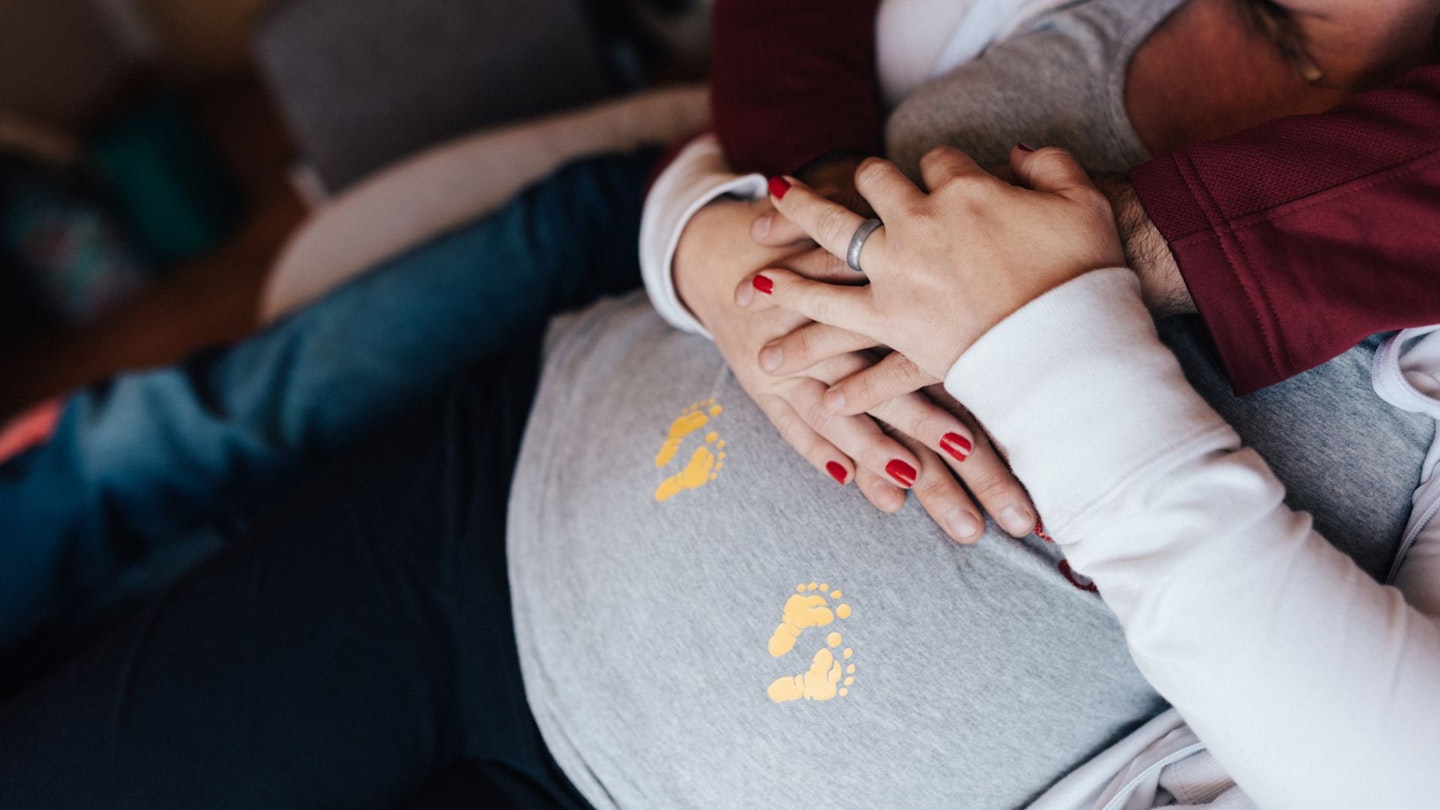Unless you are expecting twins or have had a very early scan, you might not have heard about Vanishing Twin Syndrome, which is a type of miscarriage of one twin.
If you want to know more about Vanishing Twin Syndrome, how rare it is and how it can affect your pregnancy, carry on reading with Mother&Baby.
What is Vanishing Twin Syndrome?
Vanishing Twin Syndrome is a type of early miscarriage that happens early on in a twin pregnancy. It is where one foetus spontaneously passes away and is absorbed by the surviving twin or placenta.
How rare is Vanishing Twin Syndrome?
Vanishing Twin Syndrome often happens before the 12-week scan, which means parents and doctors won't know about the vanishing twin.
According to St Georges hospital, Vanishing twins can occur in up to one out of every eight twin or triplet pregnancies.
Experienced midwife and practising Midwifery Sister, Midwife Pip adds that even though it's thought to occur in 10-40% of twin pregnancies, as many women don't have a scan in the first trimester the statistics are fairly unknown.
"Usually, the miscarried twin tissue becomes reabsorbed by the mother's body without the need for any intervention," she says, "the pregnancy of the other twin continues healthily."
What are the symptoms of Vanishing Twin Syndrome?
There are often no symptoms at all if it happens during the first 12 weeks of pregnancy.
It does not happen in the same way a miscarriage would, with vaginal bleeding, however some mothers do experience this. So whilst there are no set symptoms, there could be factors that do indicate Vaginal Twin Syndrome.
Cramping and vaginal bleeding:
At the start of your pregnancy, you might experience light spotting called implantation bleeding, which can be perfectly normal. However, if you have a confirmed twin pregnancy, light bleeding along with cramping could indicate that one of the embryos has stopped developing.
Abnormal hCG levels:
Your pregnancy will be indicated through hCG levels, which will continue to rise during the first trimester. If your hCG levels start high and then drops slightly, it could indicate that one foetus is no longer developing.
Unless a mother has been told she is carrying twins, she might not be aware she has miscarried one of them.
Can I prevent Vanishing Twin Syndrome from happening?
Finding out that you're expecting twins can be worrying, especially in the first trimester. Vanishing Twin Syndrome cannot be prevented and is out of control of the parents.
How long does DNA from a Vanishing Twin stay in the body?
If Vanishing Twin Syndrome happens before week eight of pregnancy, the miscarried embryo are reabsorbed, and wouldn't be seen on a scan.
However if you lose a twin later on in your pregnancy, you may require more tests and monitoring and would be considered a late-term miscarriage as opposed to Vanishing Twin Syndrome.
Depending on when Vanishing Twin Syndrome occurred, there might be small indicators in your placenta following the birth of your baby.
How to cope with Vanishing Twin Syndrome
"Vanishing Twin Syndrome can cause parents to feel conflicting emotions. Grief for the miscarried twin and happiness for the healthily growing baby," says Midwife Pip.
"It's okay to feel these emotions and there is no right or wrong way to grieve. There are lots of resources and support services available for parents who experience miscarriage."
She adds that your care provider can sign post you to your local support to seek help if you need to. Some other things you can do are:
• Speak to friends or family
• Reach out to charities
• Give yourself extra care
About the expert:
Midwife Pip is a truly passionate midwife and advocate for the profession, bursting with knowledge. Pip is an experienced, practising Midwifery Sister, MSc graduate, founder of Midwife Pip Podcast, Hypnobirthing and Antenatal Educator, co-author of published research and importantly a mum.
Samantha Ball is a Commercial Content Writer and freelanced for the Mother&Baby website for two years before joining the team full-time. She's a mum of two and loves browsing for the best products and cute outfits.
